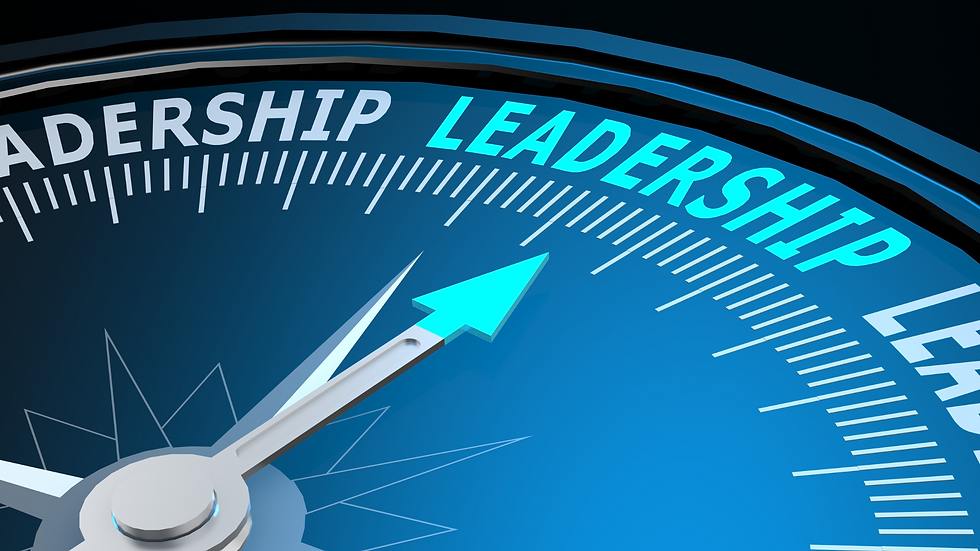Transforming Workplaces Through Expert Workplace Consulting
- AstutEdge Resource Center
- Dec 26, 2024
- 4 min read
Updated: Jan 1, 2025
Workplace transformation is no longer a choice but a necessity for organizations aiming to stay competitive and achieve lasting success. Expert workplace consulting empowers businesses to elevate productivity, strengthen culture, and enhance team dynamics through targeted, strategic improvements.
By integrating leadership development, optimizing team performance, and driving organizational development, workplace consulting creates a unified approach to change. This blog explores how expert consulting can help companies grow, adapt, and thrive in the modern work environment.
Understanding Workplace Consulting
Workplace consulting is a specialized service focused on enhancing an organization’s operational efficiency and culture. Expert consultants collaborate with businesses to assess current practices, identify improvement areas, and design tailored strategies.
The role of workplace consulting goes beyond troubleshooting—it involves partnering with leadership teams to align strategic goals, improve team dynamics, and create a productive, collaborative environment. Core objectives include:
Improving Efficiency: Streamlining workflows and processes.
Enhancing Communication: Establishing clear, transparent communication channels.
Fostering Culture: Building a values-driven, positive workplace culture.
By emphasizing leadership development and employee engagement solutions, workplace consultants lay the foundation for sustainable growth.
The Importance of Leadership in Workplace Transformation
Leadership plays a crucial role in shaping workplace culture and driving transformation. Strong leadership sets the tone for the organization, influencing how employees collaborate, innovate, and adapt.
Leadership development programs equip leaders with skills to navigate change, inspire teams, and create a clear vision for the future. Workplace consultants assess leadership effectiveness and implement development programs that:
Strengthen Communication: Encourage transparent and constructive conversations.
Build Trust: Foster a culture of accountability and mutual respect.
Enhance Decision-Making: Enable leaders to make data-driven, strategic decisions.
When leaders are well-prepared, they inspire teams to embrace change, creating a culture of continuous improvement.
Team Dynamics and Their Impact on Organizational Success
Effective team dynamics are essential for driving organizational success. Workplace consultants analyze team behavior and identify areas for improvement such as collaboration, conflict resolution, and communication. This results in higher team productivity and innovation.
By leveraging employee engagement solutions, organizations can empower teams to reach their full potential. Key strategies include:
Team-Building Workshops: Strengthen relationships and trust.
Conflict Resolution Training: Address issues proactively.
Collaboration Platforms: Foster seamless remote and in-person collaboration.
When team dynamics improve, businesses experience increased efficiency, creativity, and long-term success.
Organizational Development: A Holistic Approach to Growth
Organizational development (OD) is a comprehensive approach to improving an organization’s internal structure, processes, and culture. Experienced consultants evaluate current practices and develop customized development plans that may include:
Restructuring Organizational Models: Enhancing reporting structures and workflows.
Improving HR Practices: Aligning talent acquisition and retention strategies.
Implementing Business Objectives: Ensuring alignment with overall goals.
Strategic talent management is central to organizational development. Consultants ensure the right people are in the right roles while building leadership pipelines for long-term growth. Learning and development strategies are also critical, enabling employees to gain technical and leadership skills needed for future challenges.
Integrating Leadership, Team Dynamics, and Organizational Development
The power of workplace consulting lies in its ability to integrate leadership development, team dynamics, and organizational development into a cohesive strategy. This holistic approach ensures that every element works in harmony toward shared business goals.
For example, a company might implement employee development training to boost individual and team capabilities while aligning efforts with leadership goals. This integration fosters collaboration, innovation, and resilience, resulting in sustained organizational success.
Case Studies and Real-World Success Stories
The value of workplace consulting is best illustrated through real-world success stories:
Leadership Transformation: A tech company implemented a leadership development program with expert consultants, resulting in a 30% increase in productivity due to improved team cohesion.
Strategic Talent Management: An organization introduced a customized talent pipeline, boosting employee retention rates and building a skilled workforce.
Cultural Revitalization: A retail company redefined its values and culture through expert workplace consulting, leading to enhanced customer satisfaction and employee engagement.
These examples demonstrate how integrating leadership development, team optimization, and organizational development can produce tangible business outcomes.
The Future of Workplace Transformation
As businesses evolve, so does the role of workplace consulting. Emerging trends such as remote work, digital transformation, and changing employee expectations make expert consulting more essential than ever.
Future workplace consulting will focus on:
Technology-Driven Solutions: Using AI and data analytics to improve decision-making.
Flexible Work Models: Creating hybrid environments that enhance productivity.
Inclusive Workplaces: Promoting diversity, equity, and inclusion.
By embracing these trends, organizations can remain agile, competitive, and forward-thinking.
Conclusion
Workplace consulting is more than a service—it’s a strategic approach to driving business success. By integrating leadership development, team dynamics, and organizational development, businesses can create a culture of continuous improvement.
With expert guidance, organizations can enhance processes, strengthen employee engagement, and transform workplaces into thriving environments where both people and businesses succeed. Investing in workplace consulting is an investment in today’s success and tomorrow’s potential.
Frequently Asked Questions
What is workplace consulting, and why do I need it?
Workplace consulting helps businesses enhance leadership, team dynamics, and processes to boost culture, productivity, and long-term success.
How can leadership development programs benefit my company?
Leadership development programs equip leaders with skills to inspire teams, navigate change, and achieve strategic goals.
What is the significance of strategic talent management in organizational development?
Strategic talent management ensures the right people are in the right roles, supporting long-term growth and business alignment.
How can optimizing team performance improve productivity?
Improving team performance enhances collaboration, innovation, and problem-solving, boosting overall organizational productivity.
How do HR consulting services for small businesses contribute to success?
HR consulting services streamline HR functions, improve employee engagement, and allow businesses to focus on growth and innovation.
.png)


